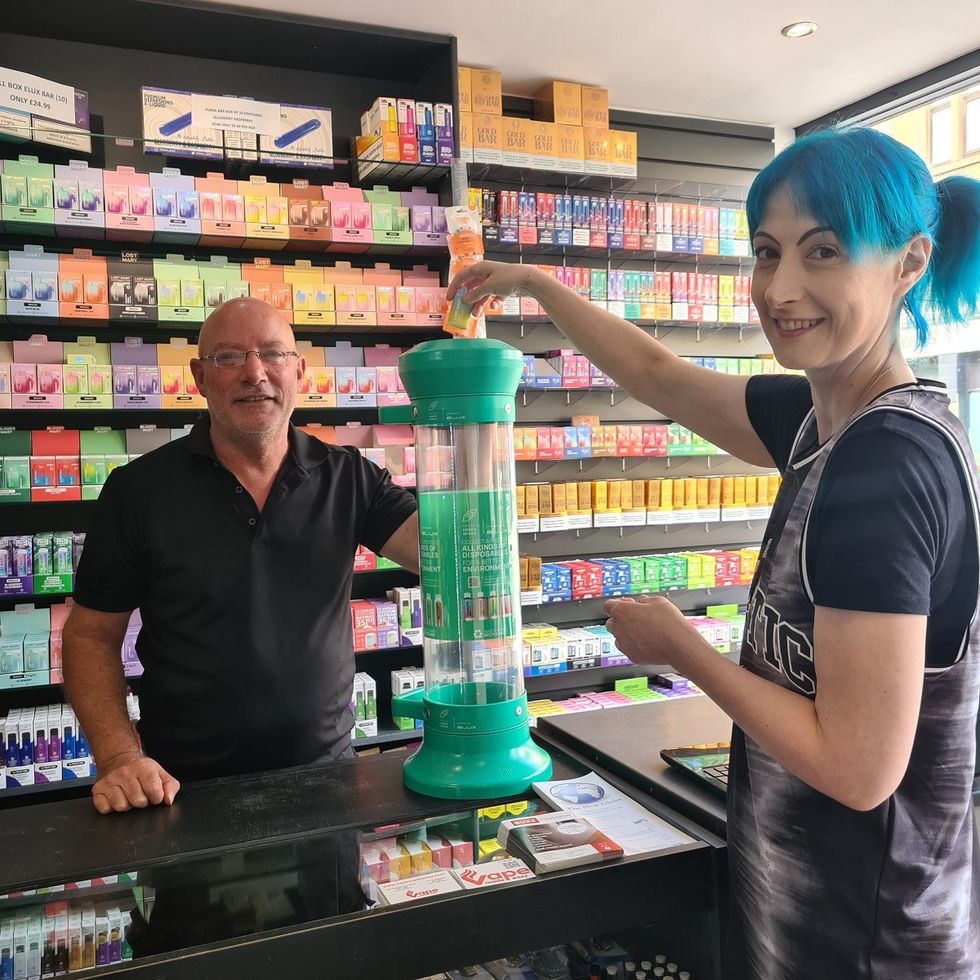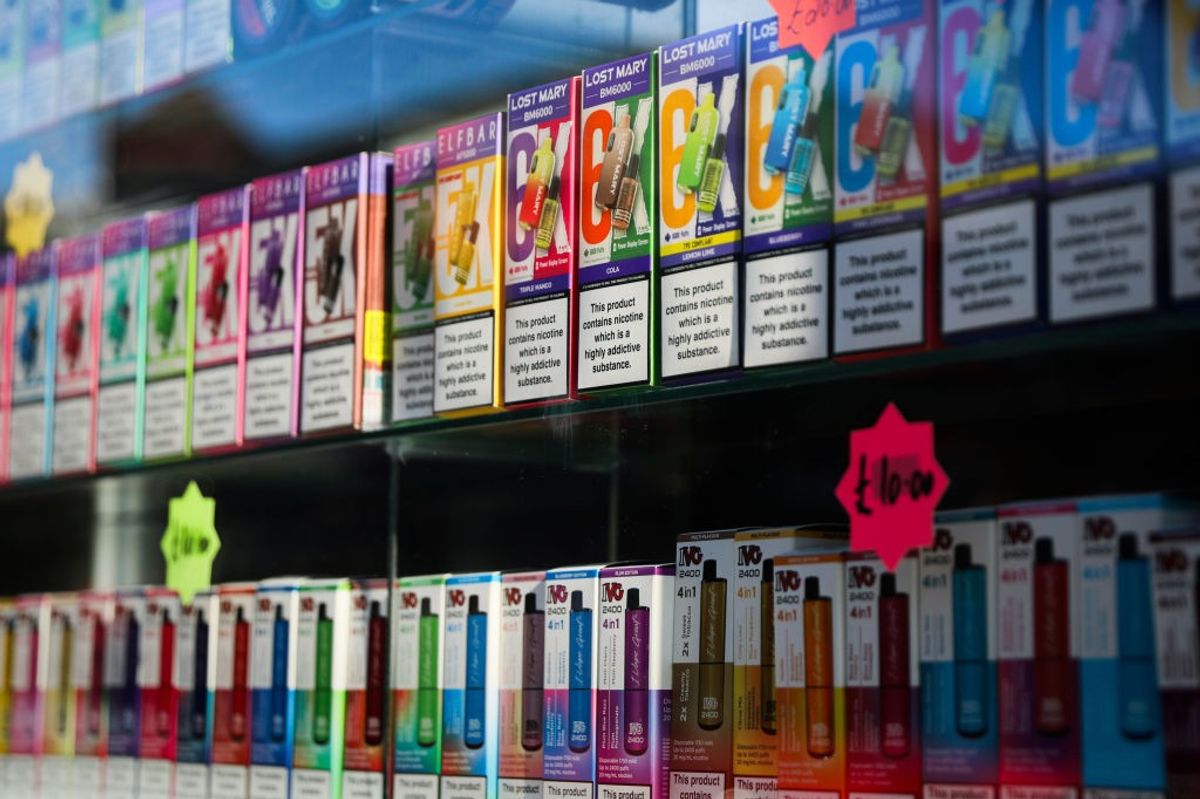Last month, the government confirmed that disposable vapes will be banned across England and Wales from June 1, 2025.
Single use vapes were also due to be banned in Scotland from April of next year but shortly after the UK government’s announcement, the Scottish government advised that this date would be pushed back by two months – to June of next year – to align with the legislation in the rest of the UK. Northern Ireland is also expected to follow suit.
Announcing the ban – which will not apply to rechargeable or refillable devices – circular economy minister Mary Creagh said that it was to end the nation’s “throwaway culture” and marked the first step on the road to a circular economy, where resources are used for longer, waste is reduced and the path to net zero is accelerated.
Now this key date is known, the Fed will work with the respective governments and with vape suppliers to ensure that members are prepared for next summer’s ban coming into force and to ensure they have sold through their existing stock ahead of June 1.
But we can’t help thinking that rather than banning single use vapes in a bid to reduce littering, that the governments have missed a trick.

Fed members are responsible retailers. We care about our communities and we accept that discarded disposable vapes do damage the environment.
In fact, according to the Department of the Environment, Food and Rural Affairs (Defra), almost five million single use vapes were either littered or thrown into general waste each week last year – a nearly four-fold increase on the year before. Typically ending up in landfill, their batteries can leak battery acid, lithium and mercury into the environment, the government said.
And yes, this is truly shocking – but here at the Fed we believe there is still a better solution to an outright ban, and it is one that we have pitched to ministers on several occasions.
A disposal scheme, similar to that due to come into force in October 2027 on single use drink cans, and with a £1 deposit on all single use vapes which is paid back when they are returned, would help resolve the littering issue overnight. The price change and the returns system might also push people towards using refillable vapes instead.
Many retailers already offer a recycling option, so rather than just banning disposable vapes, the governments should be looking at making available more ways for these products to be disposed of safely and in an environmentally friendly way.
Introducing a disposal scheme on disposable vapes, we believe, would better address the government’s concerns on the environmental impact that they currently have.

As well as tackling environmental damage, the ban is designed to end the surge in young people vaping, but – again – the Fed and our members have serious concerns about it. In short, it will simply fuel the illicit market even further.
Disposable vapes are usually more affordable, which is why many adults turn to them when they want to quit smoking. Ban them and it is highly likely that many vapers will turn to unorthodox and illicit sources where there is no compliance to tobacco and vaping laws and a danger to health, as the products being peddled are likely to contain dangerous and illegal levels of toxic chemicals.
What is particularly concerning is the kind of groups who will benefit from this. Gangs who smuggle do not just transport illicit cigarettes and vapes. Many of them are also involved in some of the most dangerous and darkest elements of the black market, with the profits used to fund the smuggling of weapons, drugs – and even people.
Many children and teenagers are already obtaining vapes from unorthodox sources including cafes, take-away shops, hair salons, car boot sales and tanning salons. That’s in addition to deliveries by dealers to the home or on street corners just 30 metres from the school gate.
What’s more frightening is that these rogue sales will take place regardless of the buyer’s age. The peddlers couldn’t care less whether the customer is 18 or over. They just want the profit.
Just like shoplifting, selling counterfeit and non-duty tobacco and vapes is not a victimless crime. It damages legitimate retail businesses and communities, as well as robbing the government’s coffers of billions of pounds.
Since the date of the ban was confirmed, we have written to Mary Creagh to set out our concerns and to offer to meet so we can discuss ways of expanding schemes that enable disposable vapes to be recycled and to better educate the public on these.
And Asian Trader readers can play a part in helping to stub out illicit sales.
I’d ask that you report any suspicions about illegal vape and tobacco sales to the authorities.
This can be done by calling Trading Standards through the Citizens Advice consumer hotline on 0808 223 1133; HMRC’s Fraud Hotline on 0800 788 887; or Crimestoppers, anonymously, on 0800 555 111 Alternatively, you can report suspicions via https://suspectit-report-it.co.uk/; or by emailing suspectit.reportit@ uk.imptob.com.
Concerns should also be raised with your local MP. Council and police and crime commissioners.




